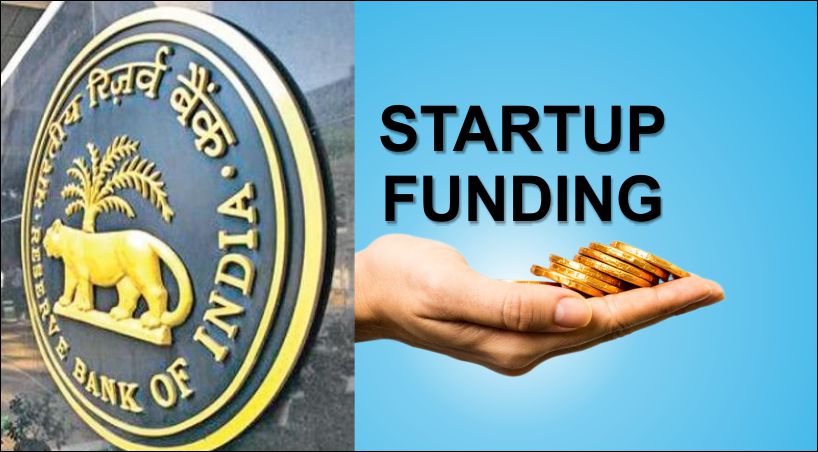With RBI’s New Policy, Good News Comes For Credit Starved Regions

On Thursday, the Reserve Bank of India decided that it would bring more loans for start-ups to the extent of the priority sector debts for banks, with an aim to serve the regions better who are in a need of credit. The credit-starved regions now can look forward to getting a higher share of loans owing to the decision taken by the Reserve Bank of India.
Continuing with the past practice of giving priority sector status for loans to the underprivileged as well as the other segments who put an impact on the well being, focus now will be more on the regions in which the loans are distributed. Shaktikanta Das expressed his opinion on the matter saying that more attention will be given to the incremental priority sector credit in identified regions that have a lower flow of credit.
The RBI deputy governor M K Jain had brought into light the differences that are existing in the rural share of the credit. Jain added that a detailed examination of the funds released by the government revealed that the Rural Infrastructure Development Fund went to the states that enjoy a higher share of rural bank credit. Jain along with his panel members which were formed by RBI studied that few states like Kerala, Tamil Nadu, Telangana, and Karnataka were having higher agri-credit than Agri GDP, which indicates that there is a possibility of credit diversion in non-agricultural purposes.
The adjustment in the policy is expected to increase access to capital for early-stage startups with easier rules then the option available to them currently. This can be said as the first review in the priority sector lending norms since April 2015.
40% of their adjusted net bank credit, or a credit equivalent amount whichever is higher needs to be allocated by banks for the off-balance sheet exposure in the priority sector that includes agriculture, education, housing, micro, and small enterprises. “Priority sector lending status is also being given to startups and the limits for renewable energy, including solar power and compressed bio-gas plants, are being increased,” Das said. Startups in their urge to grow in the early stages focus less on the profitability aspect, and it eventually becomes tougher for them to get loans from banks, especially from the public sector banks. The scenario is somewhat similar in the case of private-sector lenders too where startups who could raise a noticeable amount of capital from venture capital or private equity become the first choice for the lenders. As per experts the move from the central government will enhance the ability of startups to borrow easy loans.
“This is positive news. Startups have always missed out because rules were made, thinking these are typical SMEs, which they are not. There is a cash-burn here. Even for startups who raised money, the other option to raise debt was through venture-debt. It came at a coupon rate of 14%, and with 10% of the funds being kept as warrants for converting into equity,” said Orio Venture Partners managing partner Anup Jain.



